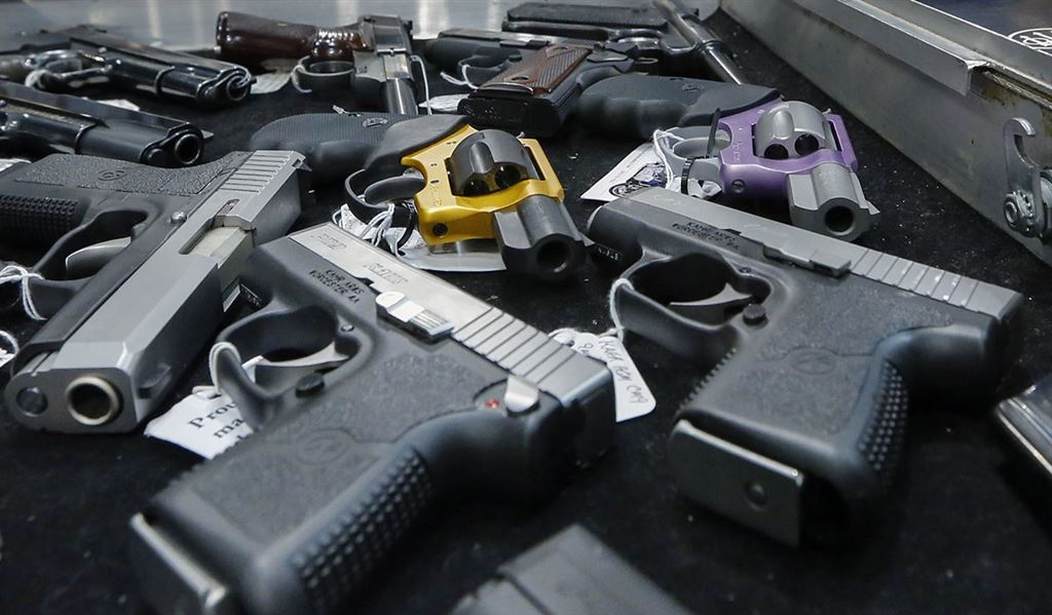With the Bruen decision, the Supreme Court set up a situation where gun control advocates had best start becoming historians.
In his decision, Justice Clarence Thomas did away with both strict and intermediate scrutiny, arguing that the Second Amendment cannot be viewed in such a way. Instead, a text and history approach is necessary. If proponents of gun control want to create a law that can pass constitutional muster, there needs to be a historical basis for it.
That’s lacking in Maryland’s gun licensing law according to a group seeking to overturn it.
Maryland’s licensing requirement for would-be handgun buyers infringes upon the constitutional right of people to keep arms for personal protection in their home and has no historical roots from either 18th- or 19th-century America, gun rights advocates told a federal appeals court Wednesday.
Maryland Shall Issue made its argument as the 4th Circuit considers whether the state’s handgun qualification license, or HQL, comports with the Second Amendment and its most recent interpretation by the U.S. Supreme Court.
…
Maryland Attorney General Brian E. Frosh told the 4th Circuit last month that the history and tradition of ensuring gun owners are trained in firearm use dates to 1792 – the year after the Second Amendment’s ratification — when Congress enacted the Uniform Militia Act. Several states passed similar statutes shortly after, Frosh stated in papers filed with the appellate court.
In its response, MSI distinguished the militia laws from Maryland’s HQL.
“Whereas the HQL requirement requires nearly everyone to complete the firearm safety course before acquiring a handgun, militia laws required militia training only after the militia men had acquired a handgun or other firearm,” MSI wrote in its 4th Circuit filing. “No state required militia training before firearm acquisition or tied this training to firearm acquisition.”
In addition, the militia laws and Maryland’s licensing mandate were passed for wholly different reasons, stated MSI, which was joined in the HQL challenge by gun seller Atlantic Guns Inc. and two Marylanders.
These may look like minor points, but MSI is absolutely correct.
Now, I’m not so sure that the mandates having different intentions will be something the court will care about, but that doesn’t mean MSI is wrong about it. What’s more, it should make a difference.
The Militia Act sought to train the militia so as to defend the country. The kind of training was very different and yes, had a very different intent, so it should matter.
But the big thing is that the act itself didn’t impact someone until they acquired arms. They bought their weapons first, then underwent training. It wasn’t a law that sought to control firearms in any way, merely create a uniform standard for the militia.
And that is what should really matter to the court.
I’m not a lawyer, but it seems like Bruen was talking about laws that specifically controlled who could own weapons and things of that sort. A law that sort of looks like another law if you squint only can apply if that original law actually controlled who could or couldn’t own firearms.
The Militia Act did no such thing.
So yeah, I’m confident MSI’s reasoning will resonate with the court. If it doesn’t, then it’s time to take it up the next rung in the ladder, and I don’t think this survives in front of the Supreme Court.







Join the conversation as a VIP Member